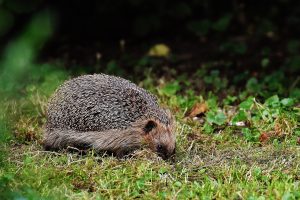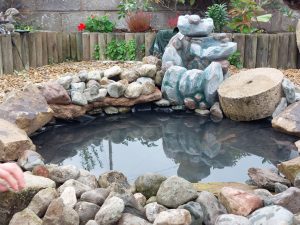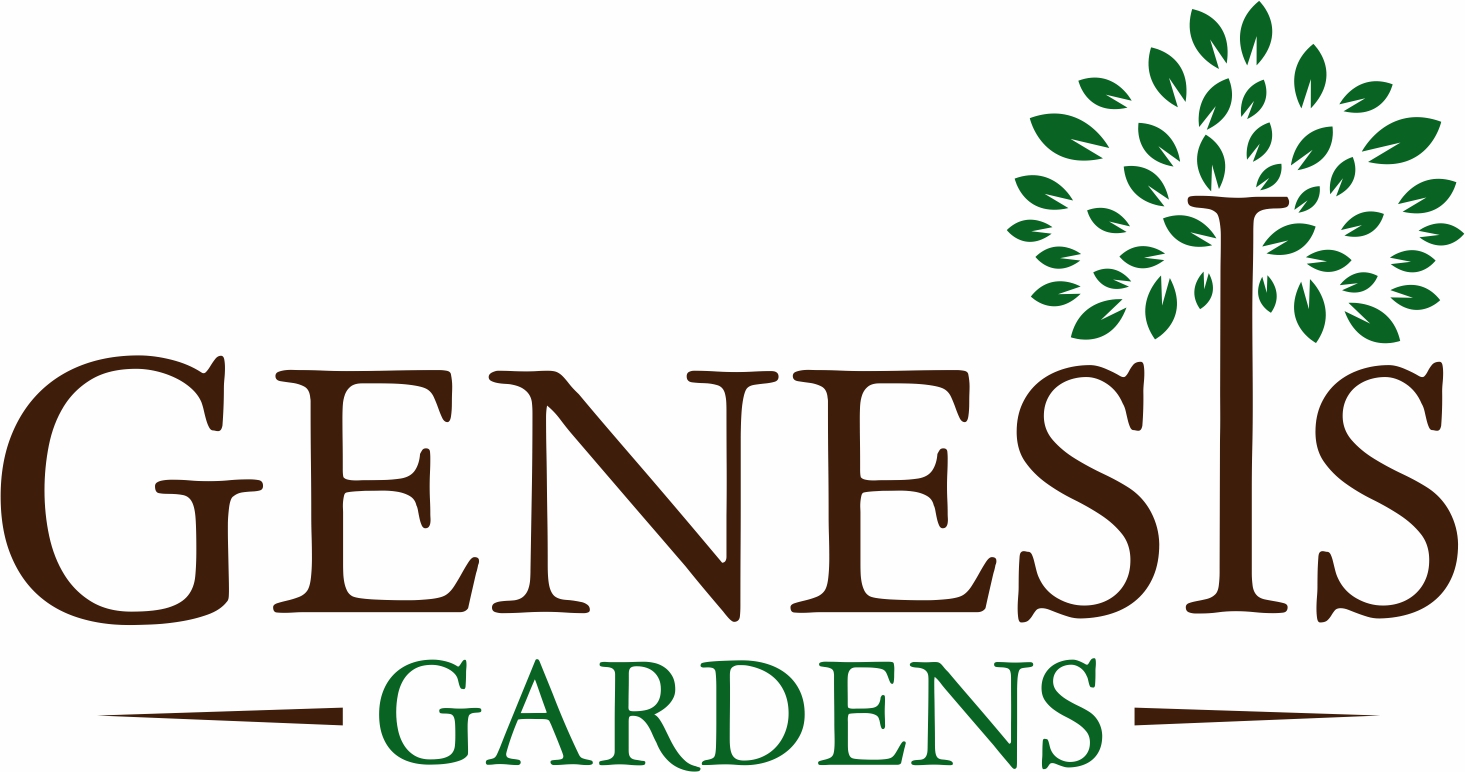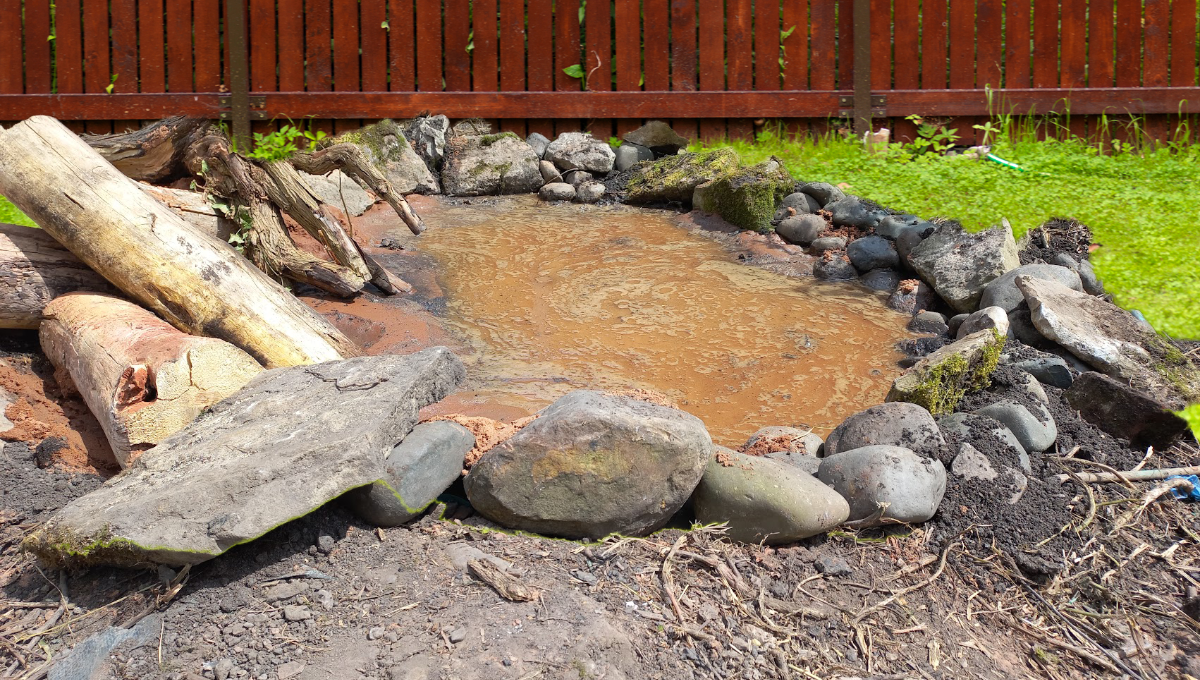At Genesis Gardens, we believe a beautiful garden shouldn’t just be pleasing to the human eye. It should also be a haven for the fascinating creatures that share our urban and rural spaces. By embracing wildlife-friendly practices, you can transform your garden into a thriving ecosystem buzzing with life.
Read on for our expert advice on how to create a wild haven for the creatures that call Britain home.
Focus on Native Plants
The foundation of a wildlife-friendly garden lies in the plants you choose. Opt for native wildflowers, trees and shrubs that have co-evolved with our local wildlife. These plants provide essential food sources for pollinators like bees and butterflies, as well as nesting sites and shelter for birds and small mammals.
 Benefits of Native Plants
Benefits of Native Plants
- Food Chain Champions: Native plants provide nectar and pollen for pollinators, berries for birds, and caterpillars for insectivorous birds.
- Habitat Heroes: They offer nesting sites for birds, shelter for hedgehogs and overwintering sites for insects.
- Nature’s Defence: Native plants are naturally resistant to local pests and diseases, reducing the need for pesticides.
Native Plant Powerhouses:
- For Pollinators: Foxgloves, lavender, honeysuckle, wildflowers like knapweed and oxeye daisies.
- For Birds: Holly, hawthorn, crab-apple (crab apples provide valuable food in winter), berry bushes like blackcurrants and raspberries.
- For Hedgehogs: Create a wildlife corridor by planting low-growing shrubs and perennials that provide hiding places and access to other gardens.
Creating a Diverse Habitat:
 A thriving wildlife garden offers a variety of habitats to cater to different creatures. Here are some ideas to create a diverse haven:
A thriving wildlife garden offers a variety of habitats to cater to different creatures. Here are some ideas to create a diverse haven:
- Flower Power: Plant a wildflower meadow (try our wildflower turf!) or borders with a mix of flowering plants throughout the season, ensuring a continuous supply of nectar and pollen.
- Hedge Heaven: Hedges are vital wildlife corridors. Consider planting a native mixed hedge with hawthorn, holly, hazel and dog rose.
- Pond Perfection: A wildlife pond, no matter how small, provides a vital drinking source and breeding ground for amphibians like frogs and newts. We specialise in Natural Clay Ponds.
- Log Pile Paradise: Create a log pile in a shady corner for insects like beetles and provide shelter for hedgehogs during the winter.
Natural Materials: Building a Wildlife Haven
The materials you use in your garden can also play a significant role in attracting and providing a home for wildlife. Opt for natural materials, or at least plenty of natural elements which provide shelter, nesting sites and even food sources:
- Bird Boxes and Log Boxes: Install bird boxes in suitable locations to encourage nesting. Log boxes offer shelter for hedgehogs, insects, and amphibians.
- Bug Hotels: These simple structures made from natural materials like twigs, leaves, and pinecones provide valuable overwintering sites for beneficial insects.
- Rockery Retreats: Rock piles create a cool, damp microclimate perfect for amphibians, while also offering hiding places for lizards and slow worms.
Living in Harmony
Creating a wildlife-friendly garden is a rewarding journey. Remember, a little goes a long way! Here are some additional tips:
Reduce Tidy Spaces: Leave some areas of your garden a little wilder, with fallen leaves and dead wood providing valuable habitats for insects.
Limit Pesticides: Opt for natural pest control methods to protect beneficial insects and the food chain. You’ll find plenty of tips in our recent blog Ditch the Chemicals! Natural Weed Control for a Thriving Garden.
Let Nature Take its Course: Be patient! It takes time for wildlife to discover your haven.
By embracing these tips and transforming your garden into a wildlife haven, you’ll be rewarded with a symphony of birdsong, the gentle buzz of pollinators, and the joy of knowing you’re contributing to a healthy and vibrant ecosystem.
The team at Genesis Gardens is passionate about creating wildlife-friendly gardens. We offer consultations, wildlife pond installation and planting schemes specifically designed to attract a variety of creatures. Contact us today and let’s get your wild garden growing!

